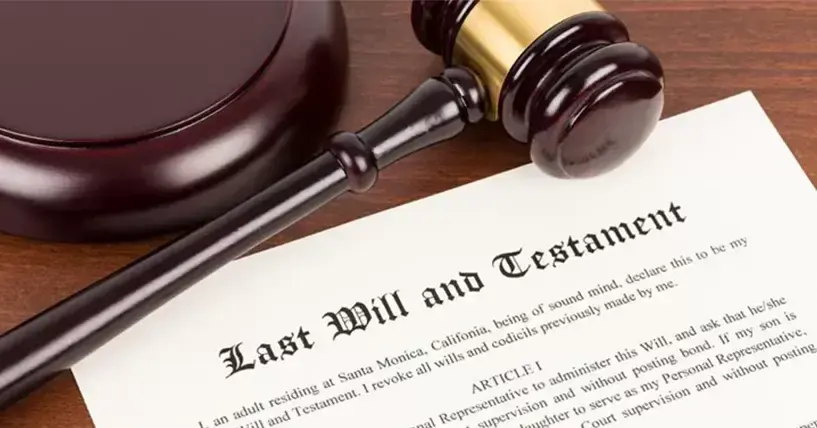Dealing with the challenges of separation can be overwhelming, both mentally and legally. Whether you're facing the challenges of custody battles, asset division, or spousal support, having the right attorney by your side can bring a huge difference. The judicial process surrounding separation is intricate, and knowing your rights and liabilities is essential for achieving a favorable result. In this article, we will examine essential legal advice and insights to navigate you through the separation process, helping you make educated decisions every step of the way.
When should you consider engaging an attorney? It's crucial to know when the complexities of your case necessitate professional assistance. From steering clear of common pitfalls to understanding the subtleties of family law, this article will offer you with valuable information on how to choose the best lawyer, what to expect during your first legal consultation, and how to handle the obstacles ahead with assurance. Whether you're just starting to think about divorce or are currently in the process of legal proceedings, the support of an knowledgeable attorney can be your greatest resource as you move through this challenging chapter of your life.
Essential Legal Guidelines for Dissolution of Marriage
Steering through the divorce process can be emotionally and legally complex. One of the critical steps is to grasp your rights and obligations, so it's vital to have a clear grasp of the legal landscape. Get to know yourself with key divorce laws in your jurisdiction, as these can impact property division, child custody, and support arrangements. Consulting an attorney at the outset allows you to gain clarity into your situation and assists avoid errors that could have lasting consequences.
Another crucial aspect is record-keeping. Keeping organized records of your monetary situation, including assets, debts, and expenses, can considerably affect the outcome of your divorce. This organization not only facilitates establish a equitable division of property but also supports in determining spousal support and child support if necessary. Your attorney can advise you on what exact documents to collect and how to present your case efficiently.
Ultimately, dialogue is paramount. Approach conversations with your spouse, especially regarding children and finances, with a emphasis on finding friendly solutions whenever feasible. Having a cooperative stance can bring about easier negotiations and reduce avoidable conflicts, ultimately conserving you hours and money. Your attorney can provide tactics for effective communication and negotiation, protecting that your concerns are protected throughout the process.
Selecting an Appropriate Attorney
Selecting the right lawyer is essential for navigating those complexities of a divorce. Start by looking into attorneys who focus in family law and have expertise with family disputes. Look for professionals who comprehend the specifics of your situation, including custody arrangements, division of assets, or alimony. Firsthand recommendations from friends can also offer critical insights into a lawyer's effectiveness and style.
After you have a shortlist, book meetings to review your choices. During these meetings, notice how the attorney addresses your issues and clarifies the legal steps. A skilled lawyer should communicate clearly, making complex legal jargon understandable. Assess their manner and fit with your beliefs, as a separation can be difficult, and you desire someone you can trust and be comfortable working with.
In conclusion, think about logistical factors such as the lawyer's physical office, charges, and availability. Understanding their fee arrangement and any possible additional costs will assist you steer clear of unexpected issues in the future. Make sure that you are on the same wavelength regarding communication methods and frequencies to ensure a smooth working partnership throughout the divorce procedure.
Comprehending Your Legal Process
Navigating the judicial procedure can be intimidating, especially during a divorce. It's important to understand the steps involved. Generally, the procedure starts with filing a petition for divorce, that outlines your intentions and the main issues at hand, such as child care, support, and asset division. After submitted, the other party must respond. This initial exchange sets the tone for discussions and potential court proceedings. Each region may have distinct regulations regarding deadlines and criteria, so remaining informed is critical.
After the initial filings, both sides typically enter into a discovery phase. During this time, you and your attorney will collect relevant records and information from one another. This may involve financial statements, communication records, and even testimony from witnesses. The objective is to provide each party with a thorough understanding of the case to facilitate fair discussions. Retaining https://rentry.co/g7uwby74 can assist ensure that you do not overlook important evidence and that you comply with the judicial obligations of the information-gathering process.
If settlements are not fruitful, your case may move forward to court. During the court proceedings, both parties will submit their proof and case before a court, who will make a ruling on the outstanding matters. It's imperative to prepare thoroughly with your attorney during this stage. They will assist you on what to anticipate, how to deliver your case well, and how to react to the opposing side. Based on the outcome, there may also be opportunities for challenging if you feel the decision was inequitable. Understanding these stages will enable you and facilitate informed choices throughout your judicial journey.

